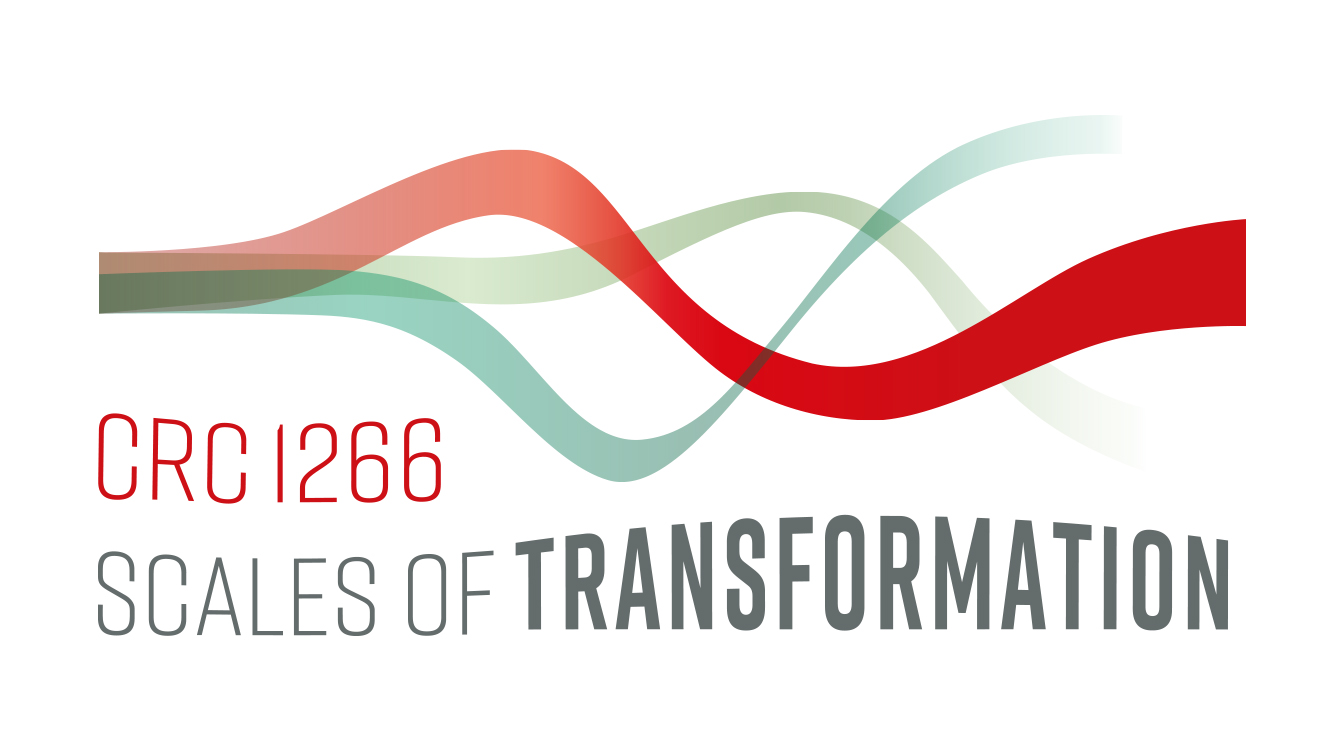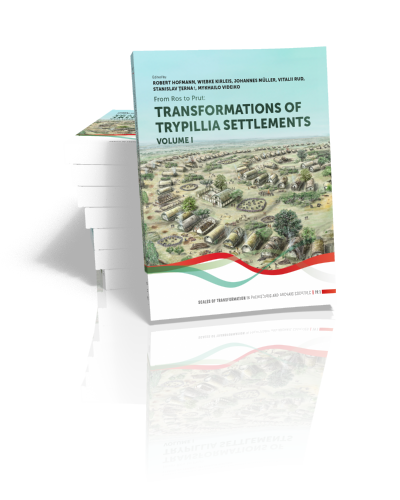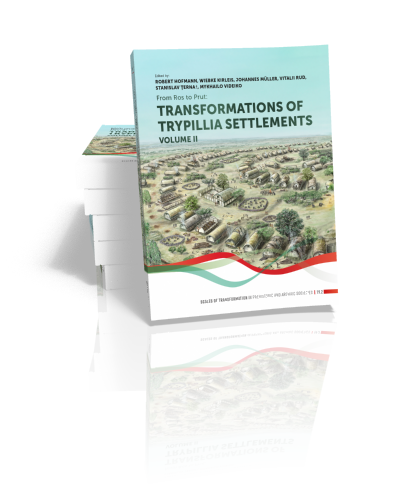STPAS: Scales of Transformation in Prehistoric and Archaic Societies

The book series ‘Scales of Transformation in Prehistoric and Archaic Societies’ (STPAS) is an international scientific series that covers major results deriving from or being associated with the research conducted in the Collaborative Research Centre ‘Scales of Transformation: Human-Environmental Interaction in Prehistoric and Archaic Societies’ (CRC 1266). Primarily located at Kiel University, Germany, the CRC 1266 is a large interdisciplinary project investigating multiple aspects of socio-environmental transformations in ancient societies between 15,000 and 1 BCE across Europe.
The new book series is dedicated to the fundamental research questions of the CRC 1266 dealing with transformations on different temporal, spatial and social scales, here defined as processes leading to a substantial and enduring reorganization of socio-environmental interaction patterns. What are the substantial transformations that describe human development from 15,000 years ago to the beginning of the Common Era? How did the interaction between natural environment and human populations change over time? What role did humans play as cognitive actors trying to deal with changing social and environmental conditions? Which factors triggered the transformations that led to substantial societal and economic inequality?
The understanding of human practices within the often intertwined social and environmental contexts is one of the most fundamental aspects of archaeological research. Moreover, in current debates, the dynamics and feedback involved in human-environmental relationships have become a major issue looking at the sometimes devastating consequences of human interference with nature. Archaeology, with its long-term perspective on human societies and landscapes, is in the unique position to trace and link comparable phenomena in the past, to study the human involvement with the natural environment, to investigate the impact of humans on nature, and the consequences of environmental change on human societies. Modern interlinked interdisciplinary research allows for reaching beyond simplistic monocausal lines of explanation and overcoming evolutionary perspectives. Looking at the period from 15,000 to 1 BCE, the CRC 1266 takes a diachronic view in order to investigate transformations involved in the development of late Pleistocene hunter-gatherers, horticulturalists, early agriculturalists, early metallurgists as well as early state societies, thus covering a wide array of societal formations and environmental conditions.
The volumes of the series include monographs with detailed basic data and comprehensive interpretations from different case studies and landscapes and the extensive output from numerous scientific meetings and international workshops that have undergone a peer-review process.
More detailed information about the CRC 1266: http://www.sfb1266.uni-kiel.de/en
Editors
Prof. Dr. Wiebke Kirleis
Prof. Dr. Johannes Müller
Christian-Albrechts-Universität zu Kiel, SFB 1266 “TransformationsDimensionen”
Institute for Prehistoric and Protohistoric Archaeology
Johanna-Mestorf-Straße 2-6, 24118 Kiel Germany
Contact information
Dr. Nicole Taylor, Research Coordinator
Christian-Albrechts-Universität zu Kiel, SFB 1266 “TransformationsDimensionen”
Leibnizstraße 3, 24118 Kiel, Germany
E-mail:
Full list of volumes in this series
Scales of Transformation latest volumes
Gesellschaft und Monumentalität zwischen Nordatlantik und Ostsee 4500–1800 v. Chr.
Johanna Brinkmann | 2025
Kurz vor 4000 v. Chr. erreicht der Neolithisierungsprozess mit den Britischen Inseln und dem westlichen Ostseeraum den Norden Europas. Die Einführung der neuen Subsistenzweise bringt tiefgreifende Veränderungen, zu denen mit einer gewissen zeitlichen Verzögerung auch…
From Ros to Prut (volume 1)
Transformations of Trypillia settlements
Edited by Robert Hofmann, Wiebke Kirleis, Johannes Müller, Vitalii Rud, Stanislav Ţerna†, Mykhailo Videiko | 2025
Pre-dating the urban revolution in Western Asia, a network of agricultural settlements developed in the forest-steppe zone northwest of the Black Sea in the late 5th and first half of the 4th millennium BCE, some…
From Ros to Prut (volume 2)
Transformations of Trypillia settlements
Edited by Robert Hofmann, Wiebke Kirleis, Johannes Müller, Vitalii Rud, Stanislav Ţerna†, Mykhailo Videiko | 2025
Pre-dating the urban revolution in Western Asia, a network of agricultural settlements developed in the forest-steppe zone northwest of the Black Sea in the late 5th and first half of the 4th millennium BCE, some…








